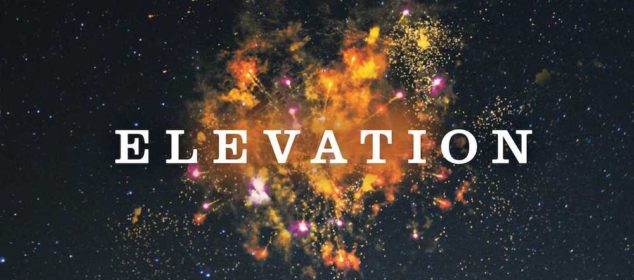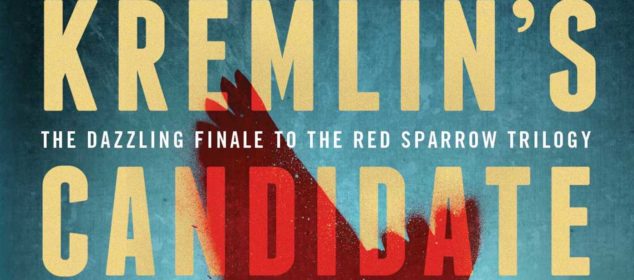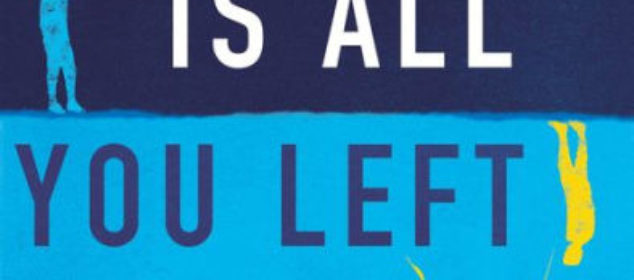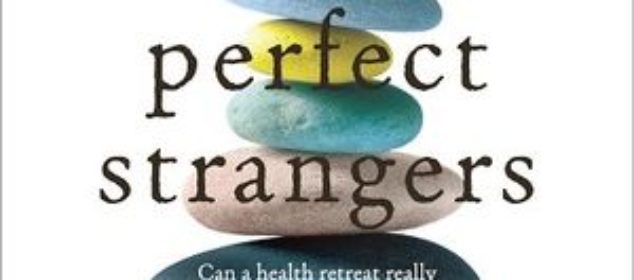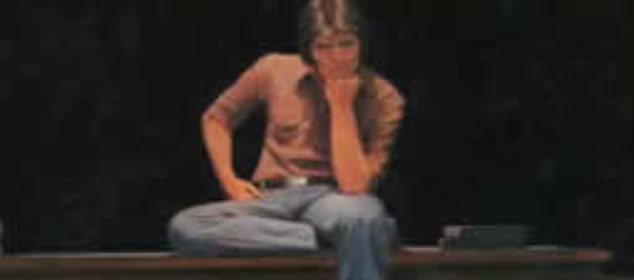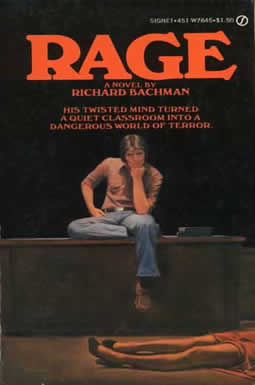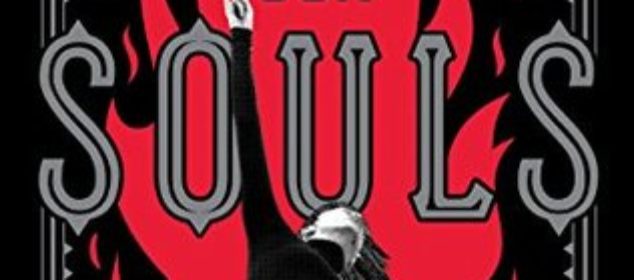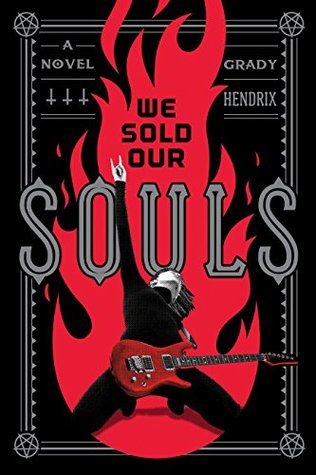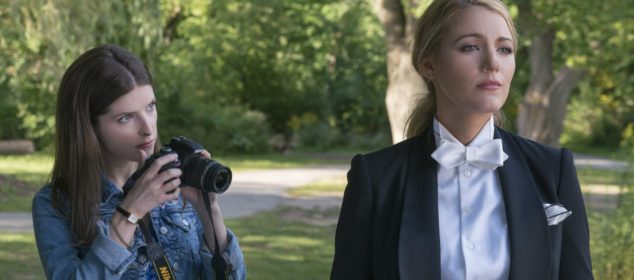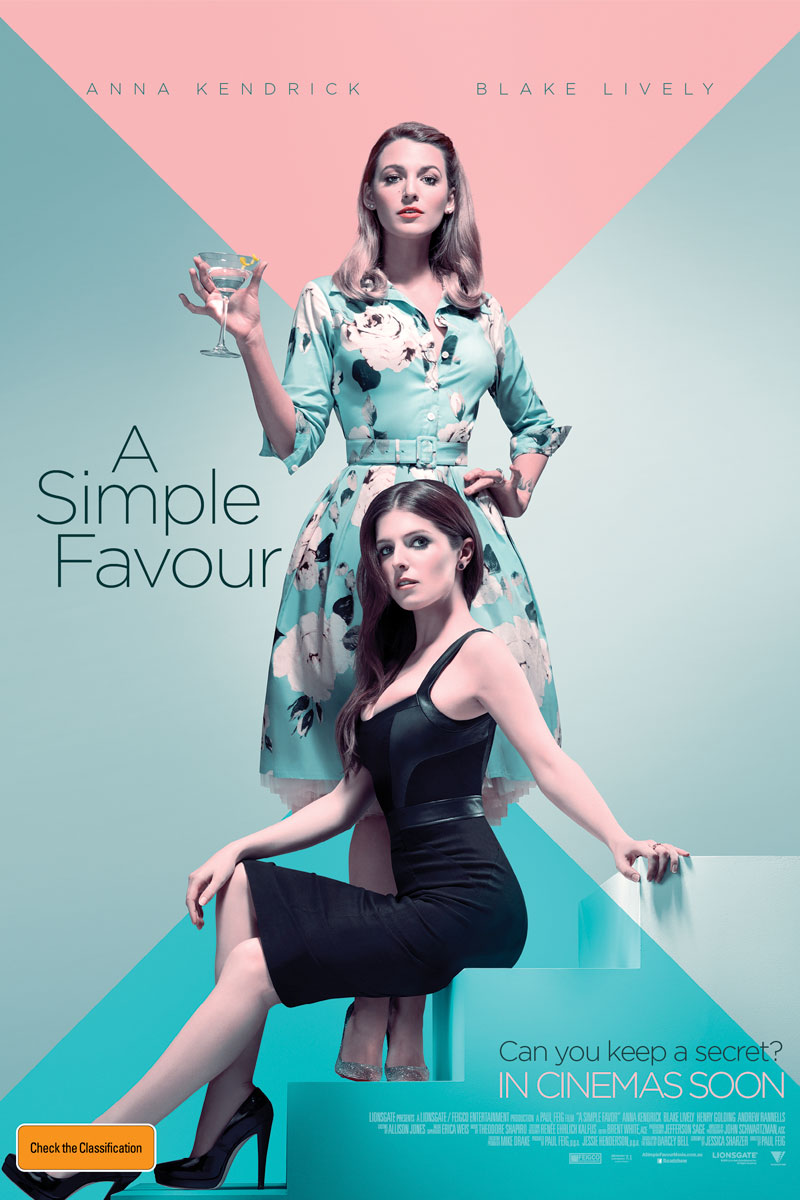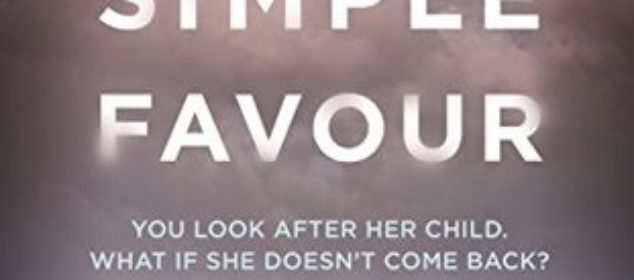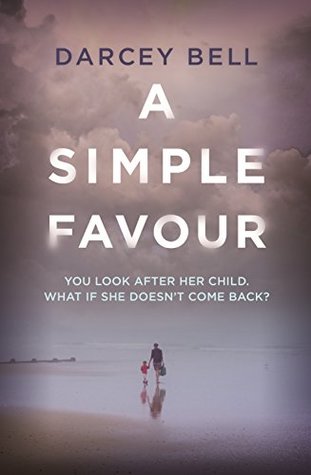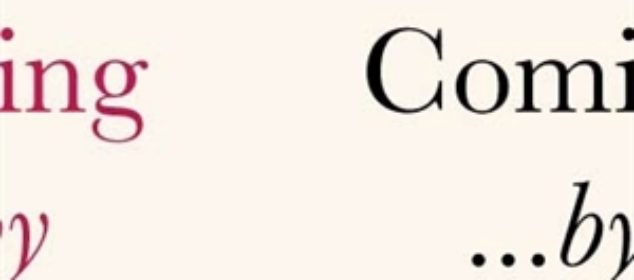More can be said about Richard Bachman than can be said about Rage, his secret and forbidden debut novel, pulled from the shelves during the early days of school shooting contagion. Written well before school shootings became so common that it is difficult to tell them apart, Rage is a Stephen King piece so early that he was in high school himself when he wrote it.
Richard Bachman is a pseudonym created by Stephen King for a variety of reasons depending on what King feels like telling the reader at the time: Bachman was a way for King to put out more books per year, separate from the King brand; he was a way to get rejected earlier works published after some retooling; he was a chance to see if, eventually, Bachman's books were able to be read, sold, and appreciated separately to the King name; and, to quote 1996's "The Importance of Being Bachmanâ€, an imprint for books written "in a Bachman state of mind: low rage, sexual frustration, crazy good humor, and simmering despair.â€Â
Rage is not a cry for help, but rather a bitter study of the powerlessness that teenagers can feel, and the most artificial power they can conjure to battle that: a warm gun.

